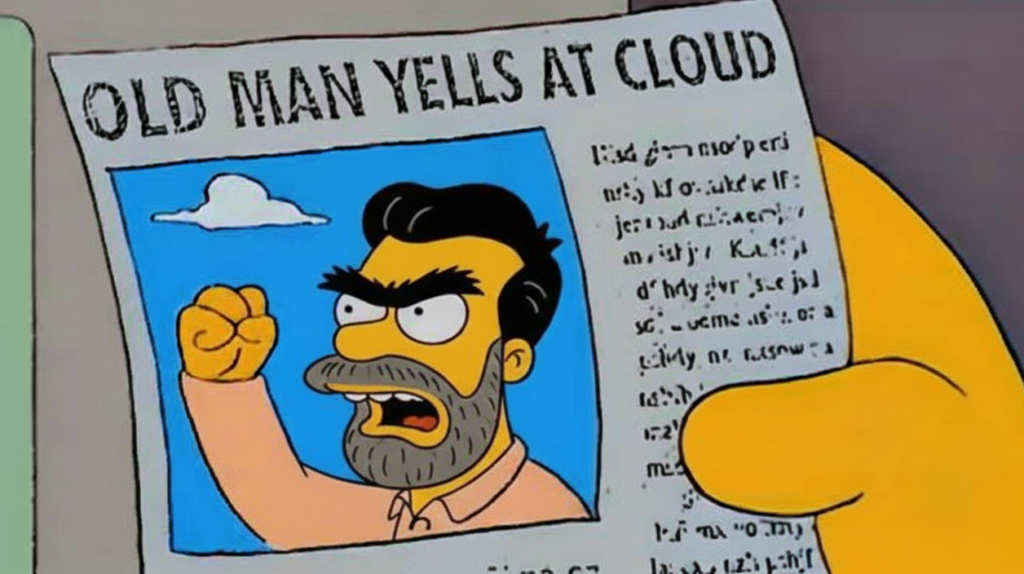It would be a shame to see someone of Besser’s calibre drift into the role of an old man yelling at a cloud.
Linton Besser is not the kind of journalist you brush past. He’s one of Australia’s most awarded investigative reporters, a career heavyweight shaped by years exposing corruption, political manoeuvring and the subtle tricks that undermine public trust. When someone with that record speaks, the industry listens.
Since taking the reins of Media Watch earlier this year, Besser has brought that same forensic instinct to the country’s longest running media accountability program, sharpening its focus at a time when the line between information and entertainment has never been murkier. Which is why his critiques tend to land with real force.
What fired him up this week was the Betoota Advocate. He tore into them for running sponsored content disguised as satire (sort of), calling out a string of brand-led pieces that never told readers they were ads. In his view, Betoota had crossed a line by wrapping commercial deals in the language of humour. In the show’s telling, it wasn’t just sloppy disclosure. It was a betrayal of the audience they’d built.
Which raises the real question. Is Betoota even media in the traditional sense, and does it warrant this level of scrutiny? They’ve always operated as satire first and commentary second, built on irreverence rather than journalistic codes. Holding it to the standards of a newsroom feels odd when its entire identity is built on parody. Yet its reach is enormous, its influence is real and, whether it likes it or not, a lot of Australians treat its stories as part of their daily media diet.
And this is where Besser risks feeling out of step with the world Betoota occupies. He comes from a legacy media environment where the walls between editorial and advertising were protected by deep budgets and guaranteed revenue. That ecosystem doesn’t exist anymore.
Independent publishers don’t have classifieds propping them up or prime time ad blocks selling cleaning products on repeat. They survive on whatever commercial creativity keeps the lights on. So while undisclosed ads deserve criticism, pretending Betoota operates with the financial insulation of a newsroom from twenty years ago misses the underlying reality of modern digital publishing.
It would be a shame to see someone of Besser’s calibre drift into the role of an old man yelling at a cloud, chasing indie publishers at a moment when the real giants of the media landscape are collapsing because they couldn’t keep up with the times.



